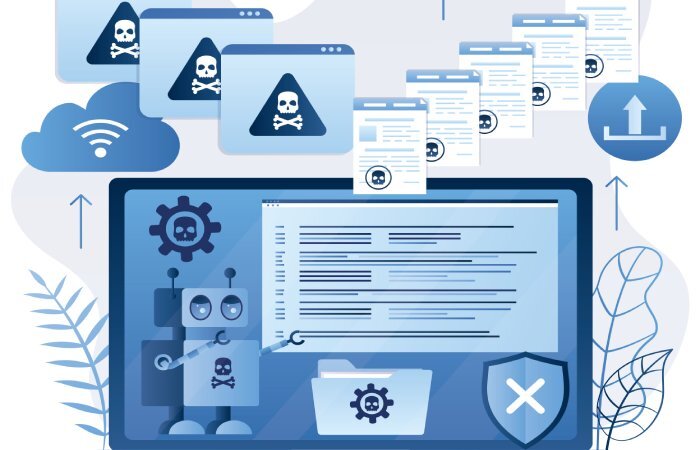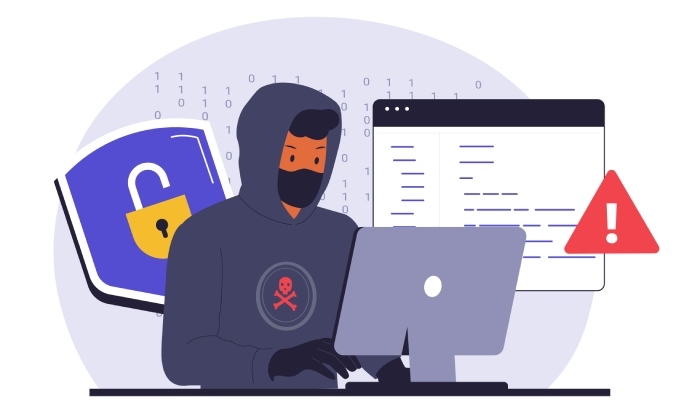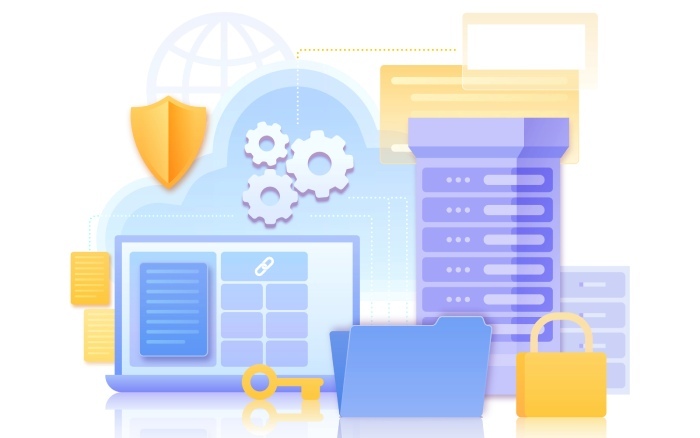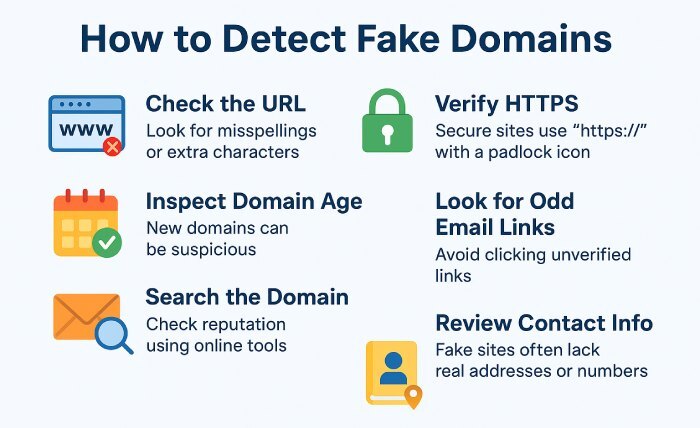M&S-TCS breach, 183M passwords leaked, AI phishing risk
It’s still October, and it seems this month is going a little slower than expected! But the cybercrooks— they are in no mood to slow down. With each passing day, the world is becoming increasingly vulnerable to cyber threats with one data breach at a time. No amount of security can protect you completely from these scamsters until you act vigilantly. Your power lies in your cyberawareness.
We bring you the 5th edition of the month, where we will discuss the recent confusion between M&S and TCS over a cyber breach. Our focus will be on the mind-numbing threat: a whopping 183 million passwords leaked online. Lastly, we will discuss the vulnerability of AI agents to phishing attacks.
Are you ready to soak in all the knowledge? Here you go!

Has M&S ended its contract with TCS owing to the breach?
A recent report is doing the rounds that M&S, the British retail company, has terminated its contract with TCS owing to the recent data breach. But the latter has refuted the news and claimed that it is a “misleading” report. TCS further explained that it was not offering cybersecurity services to M&S in the first place. They further said that M&S opted to go with another partner way before the cyberattack in April 2025.
TCS has stated that the Telegraph report has “factual inaccuracies, including the size of the contract and the continuity of TCS’s work for Marks & Spencer.”
The threat attack that took place a couple of months back this year led to a complete shutdown of M&S online shopping. Customers faced inconveniences and experienced multiple glitches in M&S stores. Specifically, features like “Click & Collect” order pickups and contactless cards were not operational.

The CEO of M&S received Dragonforce’s email from an employee’s email account. They allegedly had encrypted all the servers of the retail company. Earlier, DragonForce broke into the system of M&S through a highly convincing social engineering phone call. Once they accessed all the sensitive data, DragonForce launched their ransomware to freeze the entire system and ask for ransom.
183 Million passwords leaked online: Data includes Gmail logins
In one of the biggest cyberattacks of recent times, over 183 million passwords have been breached. The data includes millions of Gmail accounts. Experts believe that it is a malware attack that successfully gained access to sensitive data like passwords, usernames, and website addresses.
Troy Hunt, a reputed Australian security researcher, has revealed that this cyberattack managed to go undetected for more than a year and stayed operational during the entire phase. Experts believe that data worth 3.5 terabytes has been compromised in this massive threat attack.
The breach was first noticed in the month of April this year. Apart from Gmail data, the breach has affected Yahoo, Outlook, and other web service details too. Users who use the same passwords across different accounts, like social media, banking, and cloud storage, are at greater risk.

Cyber experts believe that the threat actors have not immediately targeted Gmail, Yahoo, and other service providers. Rather, they used malware to capture sensitive details from users’ devices. Cybersecurity experts emphasize the importance of implementing DMARC, DKIM, and SPF protocols to protect organizations from email spoofing and phishing attacks.
Your AI agent can be prone to email phishing attacks!
Cybersecurity experts see this as yet another level up for the threat actors. Basically, they have now started targeting the AI agents. Their ultimate goal is to bypass the security frameworks and operate without being detected. Cybersecurity experts believe that digital tools like AI agents, assistants, and copilots significantly increase the risk of attack.

At the same time, we have AI tools that are efficient enough to thwart any sophisticated cyberattack. For example, back in September, at one of the leading cybersecurity events, a pioneering AI-centric cybersecurity tool prevented a severe attack on AI agents. They did so by monitoring and scanning for potential scams.
The traditional email security system is well-equipped with techniques that enable it to detect malware attachments, fake domains, malicious emails, etc. But the same conventional systems are inadequate to combat AI-agent-based cyberattacks.

Threat actors misuse the prompts that are otherwise used to administer the AI agents. Besides, nowadays, a fake email may consist of malicious prompts typed with invisible text. These prompts are quite efficient in fooling tools like Google Gemini and Microsoft Copilot and convince them into carrying out unsafe and inappropriate actions (bypassing security checks or exfiltrating data).
AI agents are rapidly becoming an integral part of everyday work life. It is this excessive dependence on AI agents that makes users more vulnerable to sophisticated cyberattacks. Threat actors are honing their skills to match the AI agent era with AI-backed cyberattack techniques.






